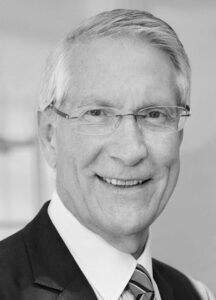
Clark, Gordon L DSc FBA is University Fellow at Monash University, Professorial Fellow Emeritus at St Edmund Hall, Oxford and Director Emeritus Smith School of Enterprise and the Environment, Oxford University. He has held appointments at the Harvard Kennedy School of Government, Harvard Law School, the University of Chicago, Carnegie Mellon University, and Monash University and has been an Andrew Mellon Fellow at the US National Academy of Sciences.
With colleagues he is the author/co-author of many books and academic papers including Institutional Investors in Global Finance (OUP 2017) with Ashby Monk, Sovereign Wealth Funds with Ashby Monk and Adam Dixon (Princeton University Press 2013), Saving for Retirement (OUP 2012) with Janelle Knox-Hayes and Kendra Strauss, and The Geography of Finance (OUP 2007) with Dariusz Wójcik. His current research is about the global market for ESG investment products. He is also Chair of the IP Group’s Ethics committee, is an Advisor to Silicon Valley start-ups, is an investor in tech start-ups, and has been an advisor to various banks as regards their carbon footprints.
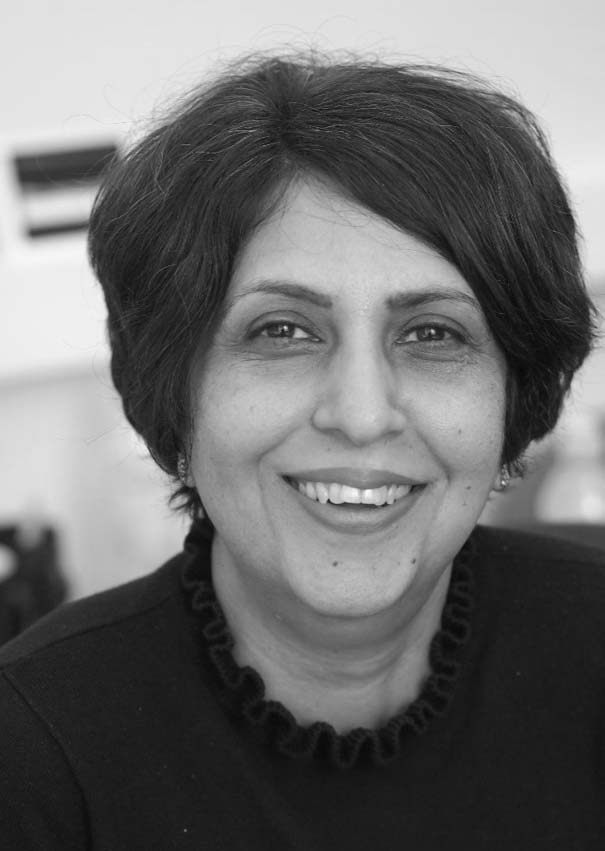
Datta, Kavita is a Professor of Development Geography and Director of the Centre for the Study of Migration at Queen Mary University of London. Her interdisciplinary research spans migration studies and development and financial geography. Contributing to critical understandings of transnational migration, financialization and migrants’ financial practices, and adopting a gender and intersectional analytical lens, her research focuses on migrant labour, financial and food remittances and geographies of debt and credit. Her books include Global Cities at Work: New Migrant Divisions of Labour and Migrants and their Money: Surviving Financial Exclusion in London. She is co-editor of the forthcoming Elgar Companion on Migration and the Sustainable Development Goals.
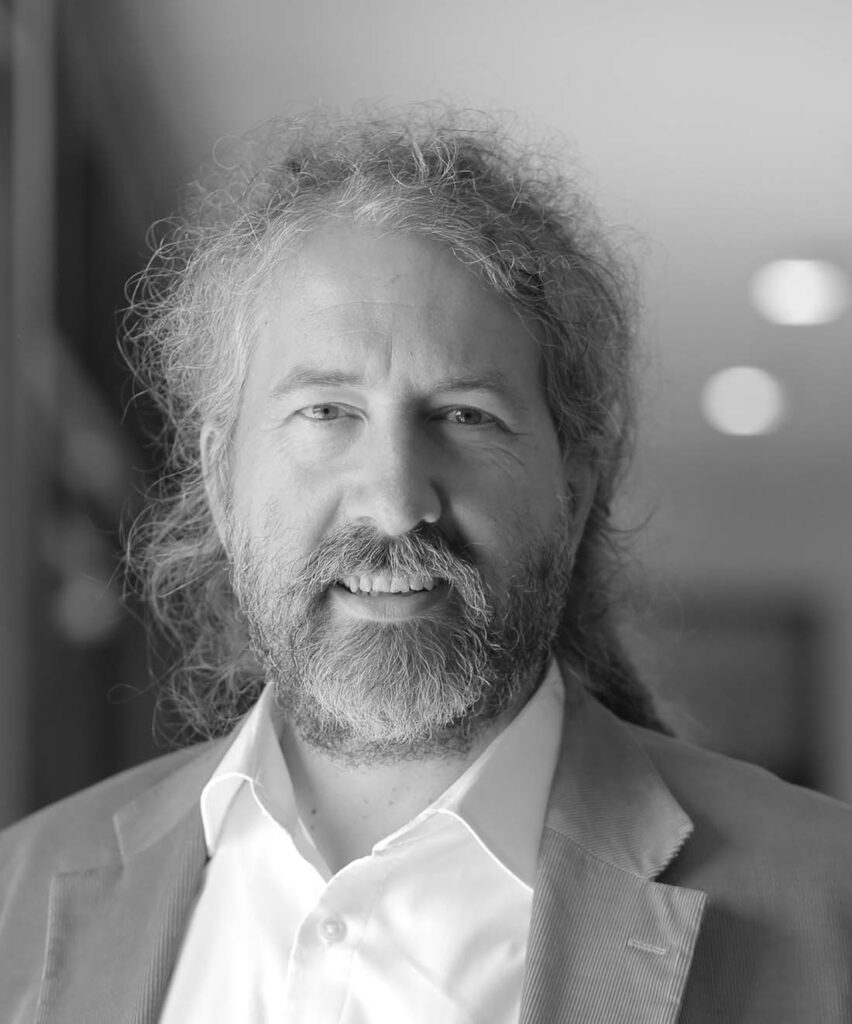


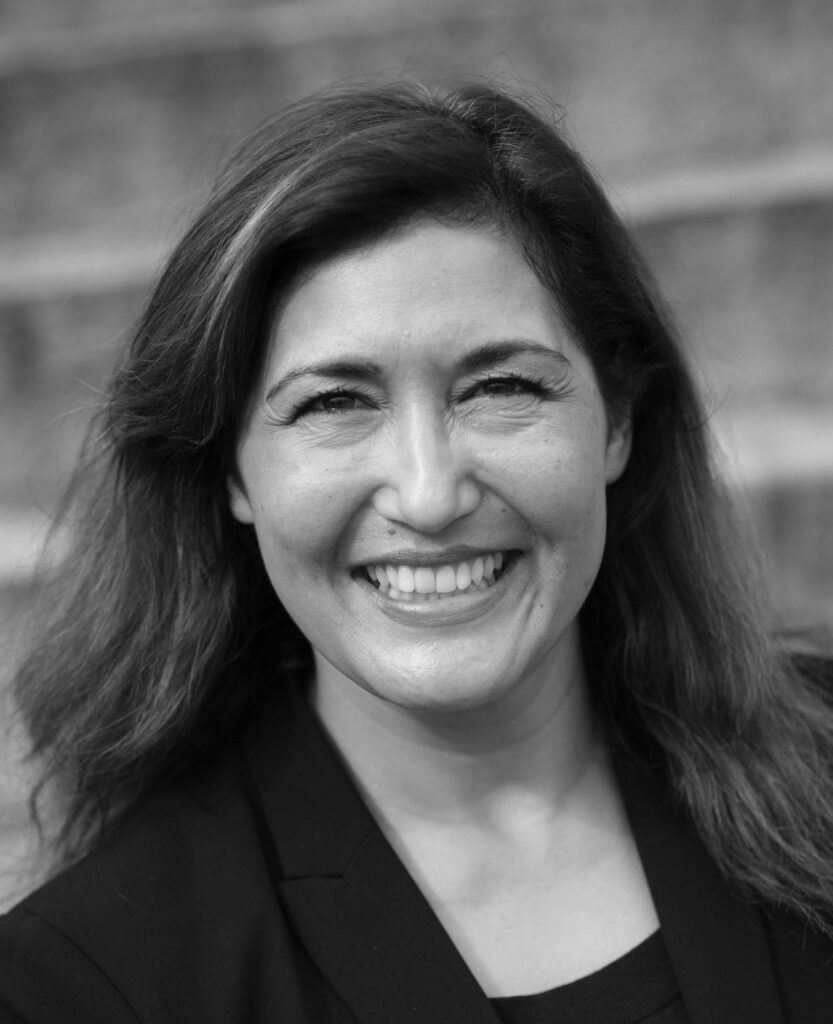
Soederberg, Susanne is a Professor of Global Political Economy in the Department of Global Development Studies at Queen’s University in Canada. Susanne was a Canada Research Chair in Global Political Economy (Emerging Scholar Category, 2004-2014) and the Jane and Aatos Visiting Professor on Contemporary Social Issues at the Helsinki Collegium for Advanced Studies from 2015 to 2016. Susanne was appointed as a Fellow of the Royal Society of Canada in November 2022. Her areas of interests cover a wide variety of themes across financial geographies, especially along the global north/global south axis. Her current project investigates the intersections between finance, infrastructure, and resilience across various scalar spaces in Berlin, Toronto, Manila, and Vienna. Professor Soederberg is author of several award-winning books, including : Corporate Power and Ownership in Contemporary Capitalism(2010) and Debtfare States and the Poverty Industry: Money, Discipline and the Surplus Population (2014 open access), and Urban Displacements: Governing Surplus and Survival in Global Capitalism(2021).
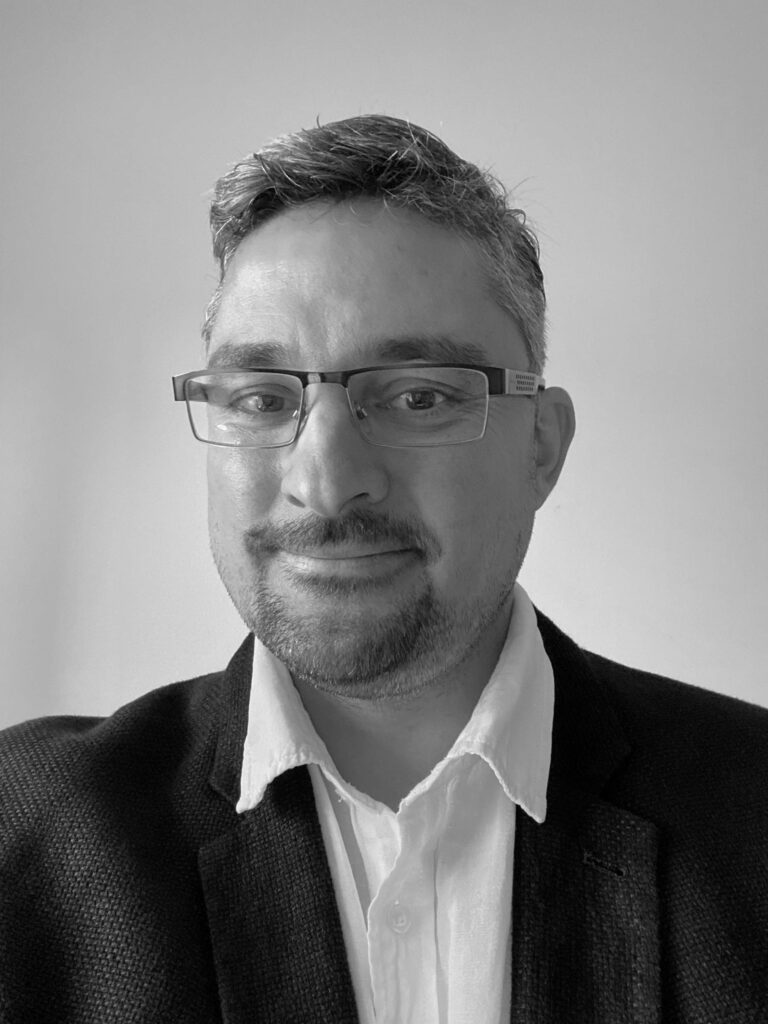
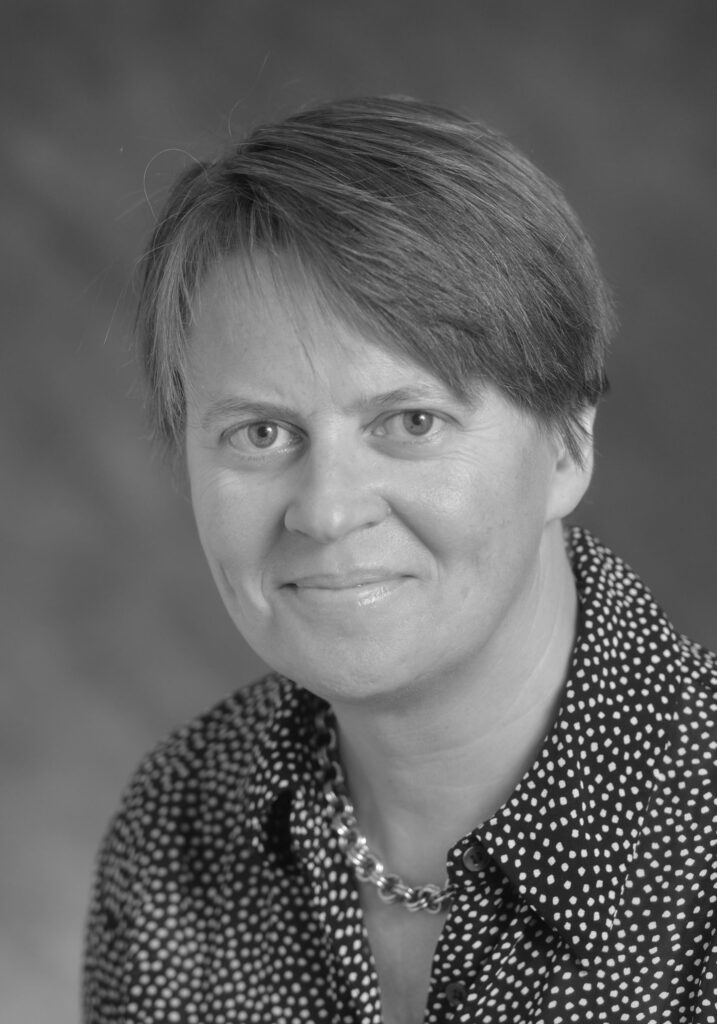
Pollard, Jane is Professor of Economic Geography in the Centre for Urban and Regional Development Studies (CURDS) and the School of Geography, Politics and Sociology at Newcastle University, UK. She has degrees from Sheffield, McMaster and the University of California, Los Angeles. Previous posts include Lectureships in Economic Geography at Birmingham University and Exeter University. She has been awarded a Fellowship of the Academy of Social Sciences, is a Fellow of the Royal Geographical Society-Institute of British Geographers and a member of the Association of American Geographers. Since 2015, she has been a Lead Editor of the journal Economic Geography and between 2018-22 she worked on the Criteria and Assessment phases of the Geography and Environmental Studies Subpanel for the UK’s Research Excellence Framework (REF). Since 2015, she has been a Lead Editor of the journal Economic Geography and between 2018-22 she worked on the Geography and Environmental Studies Subpanel for the UK’s Research Excellence Framework (REF) exercise.
Jane’s research interests include postcolonial political economy, geographies of financialization and the economic, political and social constitution of financial networks. Her recent research projects concerned the rejuvenation of sub-prime debt markets, institutional diversity in finance and credit provision and justice for low income groups. Jane has published widely in journals and has edited the Elgar Handbook on the Geographies of Money and Finance (with Ron Martin), Postcolonial Economies (with Cheryl McEwan and Alex Hughes) and Knowledge, Space, Economy (with John Bryson, Peter Daniels and Nick Henry).
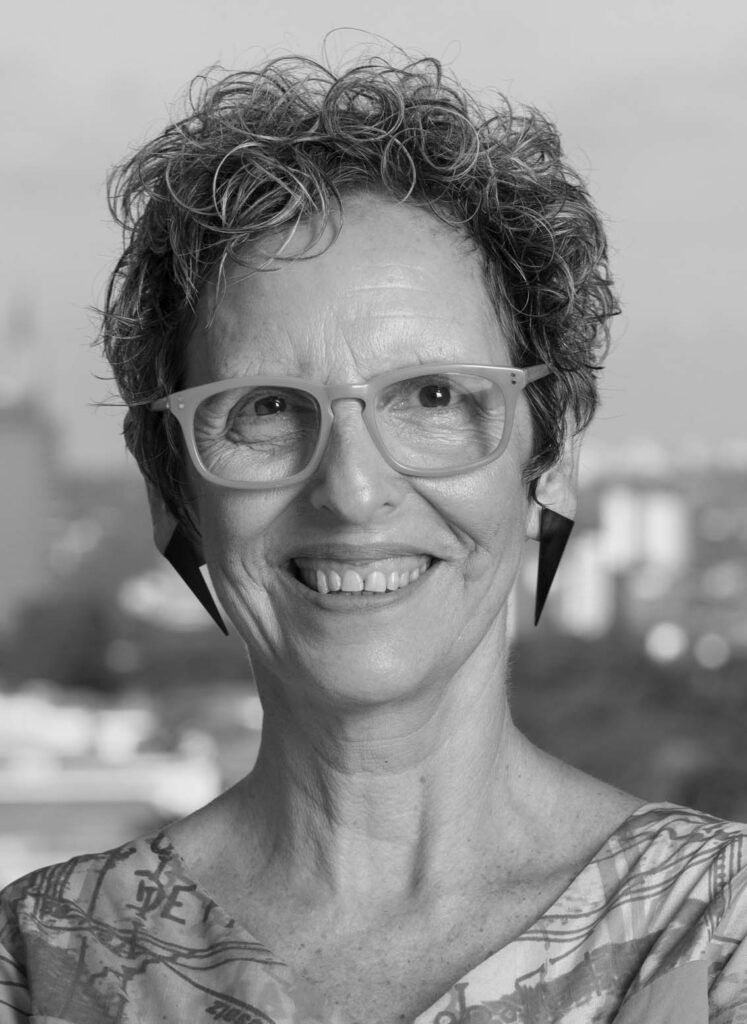
Rolnik, Raquel is a professor at the Faculty of Architecture and Urbanism of the University of São Paulo. She is an architect and urban planner, with over 35 years of scholarship, activism and practical experience in urban planning, urban land policy and housing issues. In her career, she has held various government positions including Director of the Planning Department of the city of São Paulo (1989-1992) and National Secretary for Urban Programs of the Brazilian Ministry of Cities (2003-2007) . In May 2008, Ms. Raquel Rolnik was appointed by the UN Human Rights Council as UN Special Rapporteur on adequate housing for a six years mandate, ending June 2014.During her mandate she was envolved with the impacts of finantialization of housing and urban policies in the world, which resulted in several articles on the subject and her book “Urban warfare: housing and cities in the age of finance” by VERSO UK.

Zhao, Simon Xiaobin Professor and Associate Dean Division of Humanities and Social Sciences BNU-HKBU United International College (UIC) (Acting Dean 2019-2020). Used to teach in HKBU (10 years) and HKU (20 years), Simon ZHAO was a founding Directors for International Center for China Development Studies and Taught Master Program of China Development Studies at HKU, a Founding Members of Global Network of Geography of Finance, FinGeo, Oxford Univ-based, a visiting fellow at MIT and at the University of Washington, an adjunct professor Peking Univ and East China Normal Univ. He is an urban, regional and global studies specialist with research interests in the broad areas of urban regional studies, economic development and spatial transformation, geography of international trade and finance, and development of international financial centers (IFCs). He is an editorial board member for four international journals and published two edited volumes and more than 150 papers in international refereed journals, most are SSCI/SCI/CSSCI Citation Journals, and major consultative reports etc. Simon Zhao was a Member of the Central Policy Unit, HKSAR Government (Pan-PRD Panel) and provide widely consultancy services to China national and local governments as well as private sector. He chaired and co-chaired many substantial key projects for RGC (HKSAR) and HKU. His latest two edited volumes on COVID-19, humanities responses and comparative studies of control policies, by SpringerNature (2021 and 2023), are well received globally.open access), and Urban Displacements: Governing Surplus and Survival in Global Capitalism(2021).
